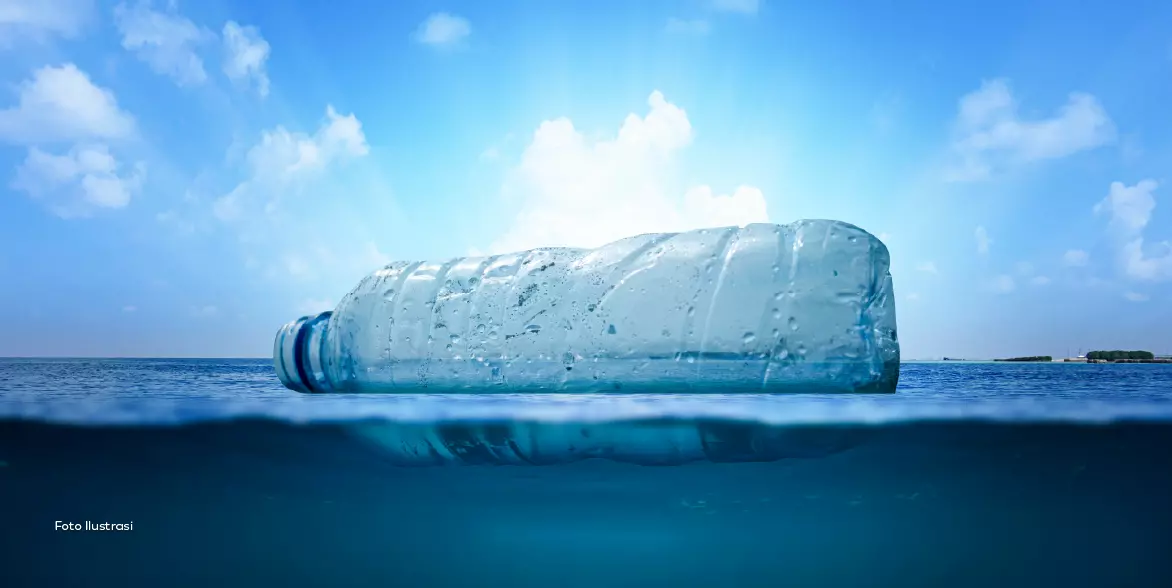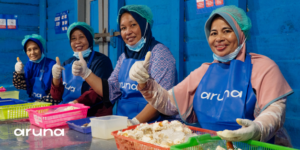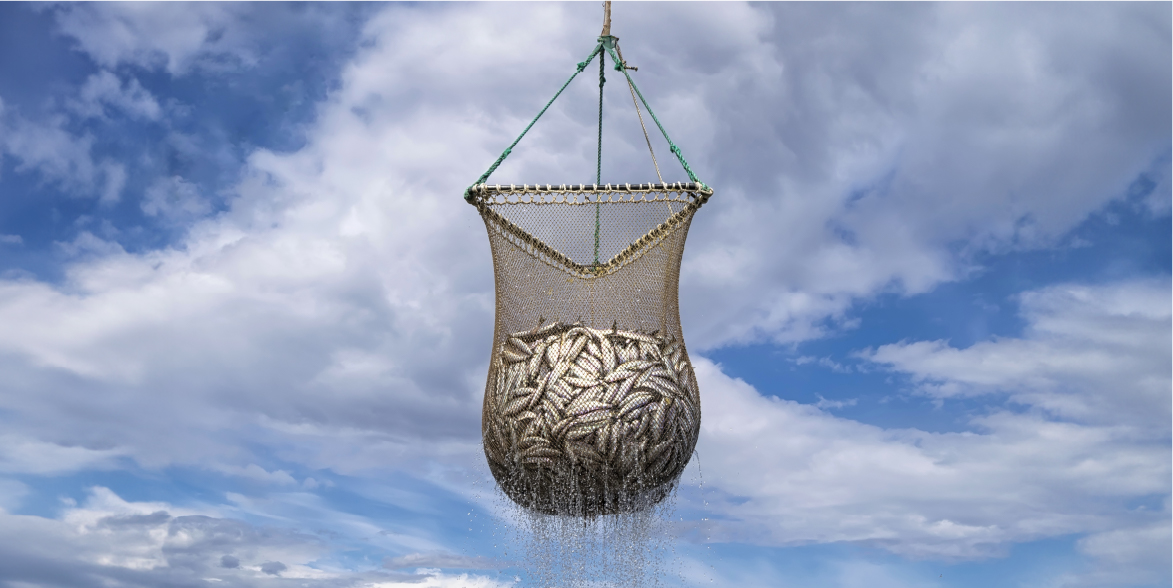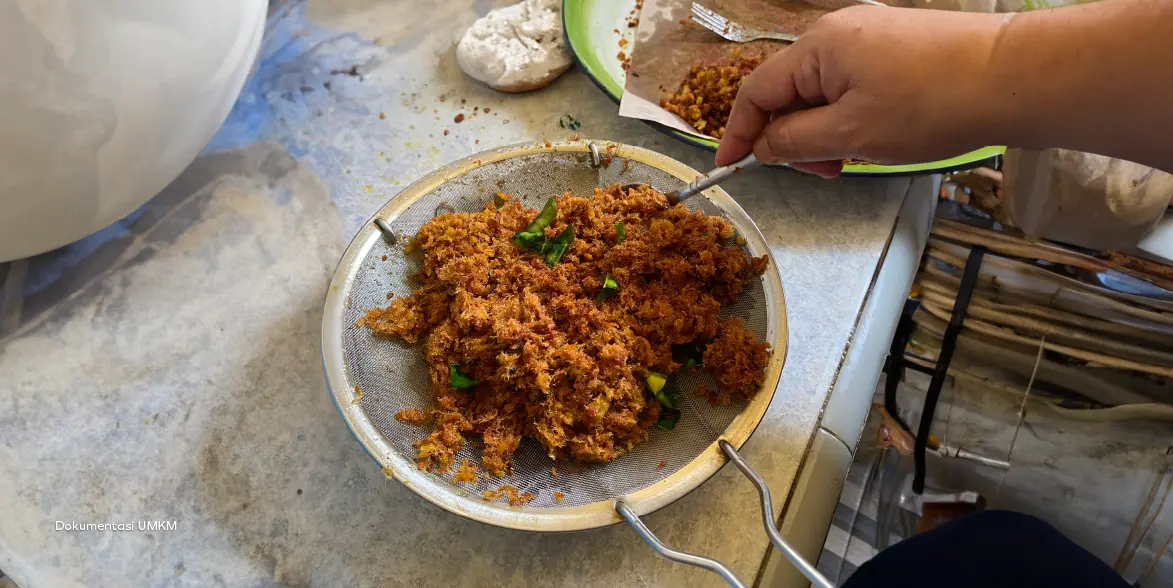The United Nations has recognized Indonesia as the leading nation in land-based waste management to curb marine pollution. According to the National Coordination Team for Marine Plastic Waste Handling (TKN PSL), Indonesia has reduced plastic waste in its seas from 615,674 tons in 2018 to 398,000 tons in 2022. This achievement serves as a valuable lesson for island nations in the Archipelagic and Island States (AIS) community.
Over the past four years, Indonesia has successfully cut the inflow of plastic waste into its seas by approximately 39%. This demonstrates the government’s commitment to preserving marine ecosystems, as evidenced by Presidential Regulation (Perpres) No. 83 of 2018 on Marine Waste Management. The government has undertaken several initiatives, including:
Implementing an integrated approach to waste management from source to sea.
The primary source of plastic waste in the oceans is land-based. Consequently, Indonesia has not only concentrated on managing waste in coastal and marine areas but has also addressed the issue at its source. Measures include banning single-use plastics in industries, promoting waste separation between organic and non-organic materials, and encouraging the 3R principle: Reuse, Reduce, and Recycle. These efforts play a crucial role in preventing more plastic waste from reaching the seas.
Educating maritime industry stakeholders on marine waste management.
Apart from land-based sources, plastic waste also originates from ships, including cargo and passenger vessels. Raising awareness among maritime industry stakeholders can help reduce the volume of waste entering the oceans from ships. This education is essential to foster a sense of responsibility among industry stakeholders, ensuring their initiative to protect the marine environment.
Collaborating with neighboring countries to address plastic waste issues in Indonesian waters.
Admittedly, some of the plastic waste in Indonesian waters comes from other nations. Therefore, cooperation with relevant countries is necessary to tackle this issue. In mid-2023, Indonesia hosted the ASEAN-Indo-Pacific Workshop on Marine Plastic Debris. Together with ASEAN nations and Pacific Islands Forum (PIF) members, Indonesia discussed marine plastic waste management as a top priority.
The reduction in marine plastic waste is a result of collective efforts, including the ‘Month of Love for the Sea’ campaign initiated by the Ministry of Maritime Affairs and Fisheries (KKP). This campaign encourages citizens to clean up marine and coastal areas while raising awareness of the importance of preserving marine cleanliness.
Indonesia’s achievements in reducing marine plastic waste demonstrate its commitment to environmental preservation and climate change mitigation. Aruna supports marine conservation by providing education and assistance to fishermen, encouraging plastic waste reduction, waste sorting, reduced use of single-use plastics, and the use of eco-friendly products.











Leave a reply
No comments found.